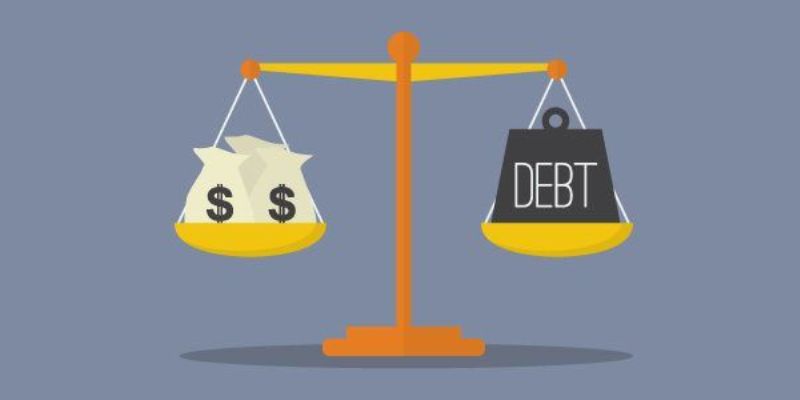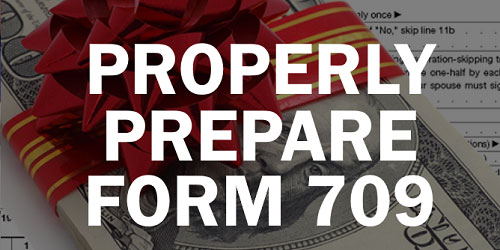The Internal Revenue Service has compiled a lot of complicated laws, regulations, and due dates into the United States Tax Code. Although filing tax taxes is not obligatory for everyone, the vast majority of persons with an income are expected to do so yearly. If you have a straightforward financial position, paying your taxes on your own may not cause any problems. On the other hand, many individuals need the aid of a qualified tax expert, such as a CPA or a licensed tax preparer.
What Is a CPA?
Certified Public Accountants are members of the accounting community who have completed the necessary schooling and professional qualifications and all four parts of the Uniform Certified Public Accountant Examination. Because the certification is awarded at the state level, the educational and professional qualifications might vary significantly from state to state. On the other hand, the following is something that is normally expected of all CPAs:
- Completing 150 hours of higher education coursework specializing in business and accounting is required.
- Acquire experience in a professional accounting setting.
- Complete the necessary criteria for continuing professional education (CPE) to keep your credentials current in the sector
Because CPAs must show extensive financial expertise to receive the qualification, they often operate in a range of industries. The auditing of financial records, the accounting of governmental entities, financial planning and analysis, the provision of litigation services, and the preparation of tax returns are all CPA specializations. CPAs have the authority to represent taxpayers of any sort, whether individuals or businesses, in front of the Internal Revenue Service in any tax situation (IRS).
What Is a Licensed Tax Preparer?
CPA is not the only kind of tax expert that may file your taxes on your behalf. Numerous individuals and private companies hire licensed tax preparers to assist them before the Internal Revenue Service (IRS). Tax preparers can get enrolled agent (EA) status if they have satisfied all criteria. The EA status is the most prestigious accreditation that may be obtained from the IRS.
EAs, just like CPAs, have the right to represent taxpayers in whatever manner they see fit. EAs, in contrast to CPAs, focus only on tax issues, which enables them to amass an extensive amount of knowledge in this area of expertise. On the other hand, EAs often do not have the extensive financial understanding that CPAs have. When it comes to filing taxes, it's possible that some customers would prefer a more generalized approach rather than a more particular one, and vice versa.
What Kind of Tax Professional Is Best Suited to Your Needs?
In a nutshell, the specifics of your financial circumstances are the most important factor to consider when deciding which kind of tax preparer is most suited to meet your requirements. The Certified Public Accountant (CPA) certificate is often regarded as the most prestigious of all accounting qualifications; thus, many taxpayers like the feeling of security that this title affords.

In addition to doing tax work, certified public accountants (CPAs) may be the best option for people and enterprises looking for a wider range of accounting services. Many certified public accountants (CPAs) provide their customer's services in financial planning and advice, in addition to the tax of financial statements.
The emphasis of a licensed tax preparer is more restricted, but they might be an excellent alternative for individuals who are simply interested in tax filing services. Since the EA certificate is provided directly by the IRS, those who have it frequently have a unique perspective on how to deal with difficult matters with the IRS. Because the hourly charge with an EA is often cheaper than the hourly rate with a CPA, it is typically the preferable alternative for taxpayers who are cost concerned.
If your financial circumstances regarding taxes are simple, you may not need the assistance of a tax specialist. Licensed tax preparers and certified public accountants (CPAs) are both excellent choices for tax preparation. Still, if your financial position is complex enough to justify paying for assistance, CPAs are the better choice.

Tax Preparers With Limited Representation Rights
Tax preparers have a wide range of certifications and may be divided into two groups: those with full representation rights and those with restricted representation rights. CPAs and EAs, in addition to tax lawyers, have unrestricted powers to represent clients in tax matters. The Internal Revenue Service (IRS) allows certified public accountants (CPAs), enrolled agents (EAs), and tax lawyers to represent their clients in any case before the agency, including appeals, payment or collection concerns, and audits.



